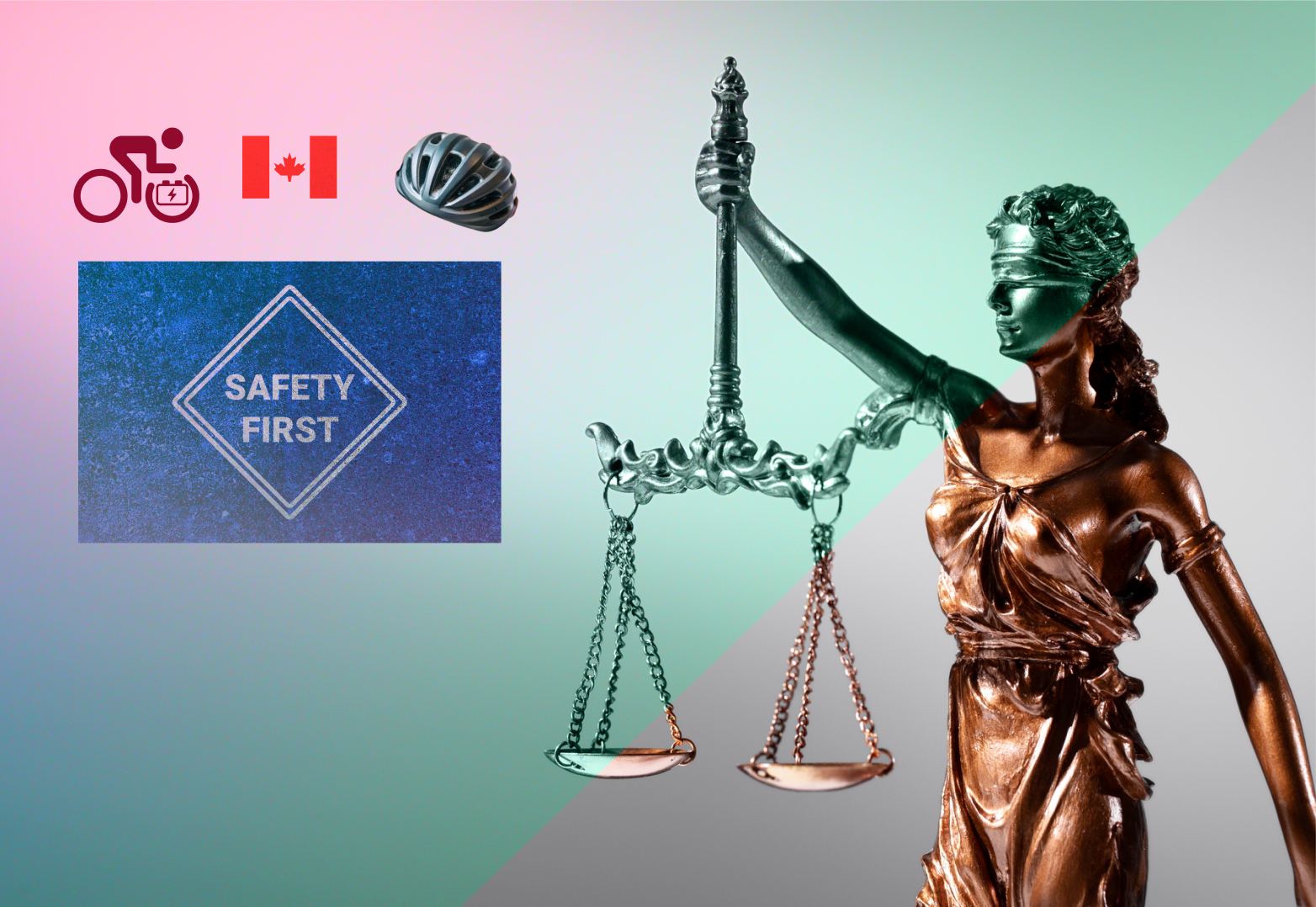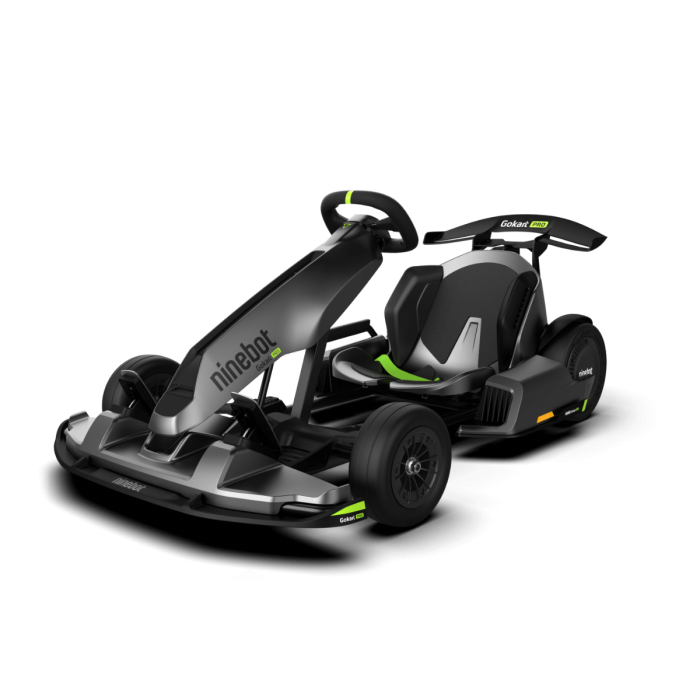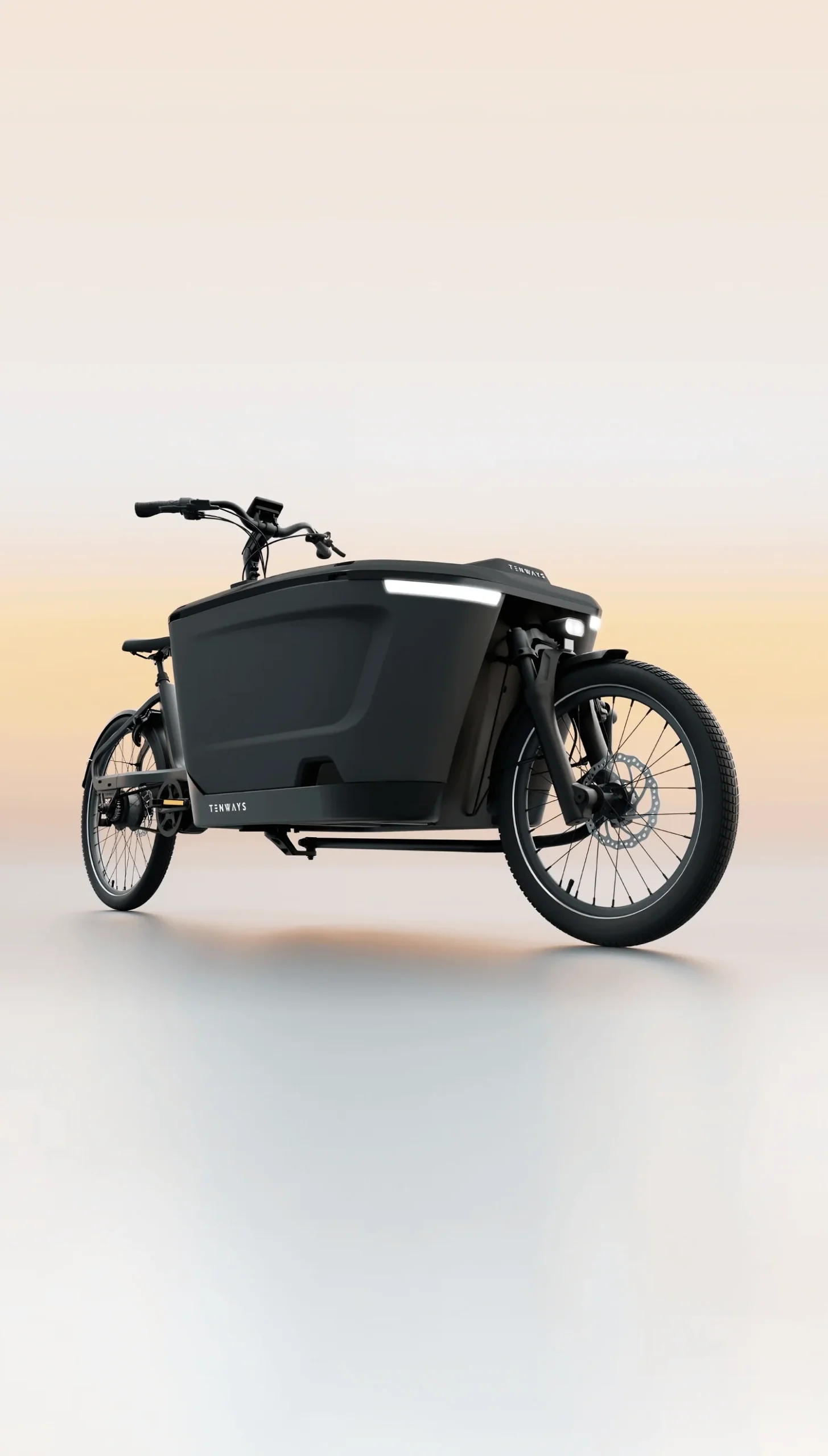Welcome to our comprehensive guide on Ebike law and regulation in Canada. 🇨🇦
As each province Canada has different regulations, we have collated all the necessary data for your convenience. So, let’s hop in and explore the information organized under different headings.
Understanding Canadian Electric Bike Regulations
Understanding the Canadian electric bicycle law and regulations is indispensable for everyone planning to ride an ebike there. It’s noteworthy that the term ‘ebike’, specifically in question, refers to motorized bicycles regulated under the Motor Vehicle Safety Act.
- An ebike in Canada should not exceed a motor power output of 500 watts – (ie. 1 horsepower is equal = 735 watts) you can also divide the power value by 735.5 🎯
- The maximum speed achievable on level ground, propelled solely by its motor, is restricted to 32 km/hr.
- Apart from these, an ebike should have operative pedals
Remember that if the vehicle does not meet these specifications, it’s considered a moped or limited speed motorcycle requiring further compliance with riding an ebike in Canada: rules.
Legal Requirements for Ebikes in Canada 🚴
To ensure your ebike ride is legal, make sure to abide by these rules:
- You must be at least 16 years of age. For provinces like Alberta, there are specific age restrictions for ebike riders.
- Wearing a helmet is mandatory while you’re on an ebike. Moreover, different provinces have their specifications about which type of helmet is considered legal. 👀
- You must have a valid driver’s license, vehicle registration, and insurance (for provinces like British Columbia and Alberta). 🪪
- see below for details on individual provinces ⤵
Riding an Ebike in Canada: Speed Limits and Helmet Laws
When it comes to speed limits for ebikes in Canada, the maximum speed limit is capped at 32 km/hr. Speeding beyond this limit might cost a hefty fine depending on the province. 👩🏻⚖️
Canadian regulations are also very stringent regarding helmet laws. As a rider, you must always wear a bicycle or motorcycle helmet, which complies with the standards set by your respective province. Learning about and following the helmet requirements for ebike riders, is thereby consequential for safety and legality. Learn more about ebikes “electric bicycles” and how they work.
Licensing Laws in Different Provinces
Ebike law and licensing in different Canadian provinces.
What are the laws on e-bikes in the US?
Exploring Electric Bike Regulations Across Canadian Provinces
While there exist overarching regulations, the nuanced landscape of electric bike rules extends to the specific provinces across Canada. Here’s a comprehensive overview of the distinct regulations that apply to each province:
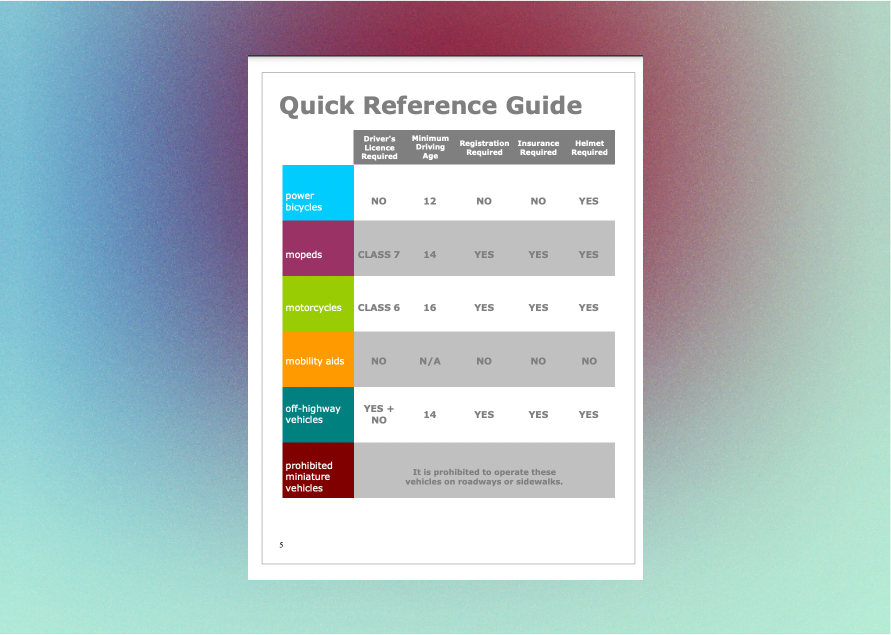
Rules and Regulations Applying to Small Vehicles (moped, power bicycle, helmet, “ebike’)
https://www.transportation.alberta.ca/content/docType41/Production/small_vehicle_booklet_final.pdf – transportation.alberta.ca 🫵🏼
Alberta
– Within Alberta, electric bikes are officially designated as “power bicycles,” aligning seamlessly with the federal definition of “power-assisted bicycle.” Passengers are permitted on these ebikes only if they are equipped with a designated seat explicitly intended for passengers. Riders must be 12 years of age or older, with no weight restrictions in place.
SCRAP-IT – A rebate with minimum purchase of 1000$ from “Participating Electric Bike Retailers” of 500$

- Rebates options page
- Scrap-it – Definition of an ebike that qualifies with FAQs page
- Participating retailers in Alberta (Calgary, Edmonton, Red Deer, St. Albert)
British Columbia
– In the province of British Columbia, electric bikes are recognized as “motor-assisted cycles.” This classification mandates that the vehicle harmoniously blends human pedal power with the assistance of an electric motor. For those looking to ride these vehicles, a minimum age requirement of 16 years applies. Detailed specifications can be referenced through ICBC. British Columbia – Active transportation funding
Related: E-Bike Rebate started June 21/2023 based on your income with 3 levels of rebate.
A rebate for 1700$ for the purchase of designated Cargo ebikes, only for valid business licences and organizations – Website goelectricotherrebates.ca / Clean BC for more information
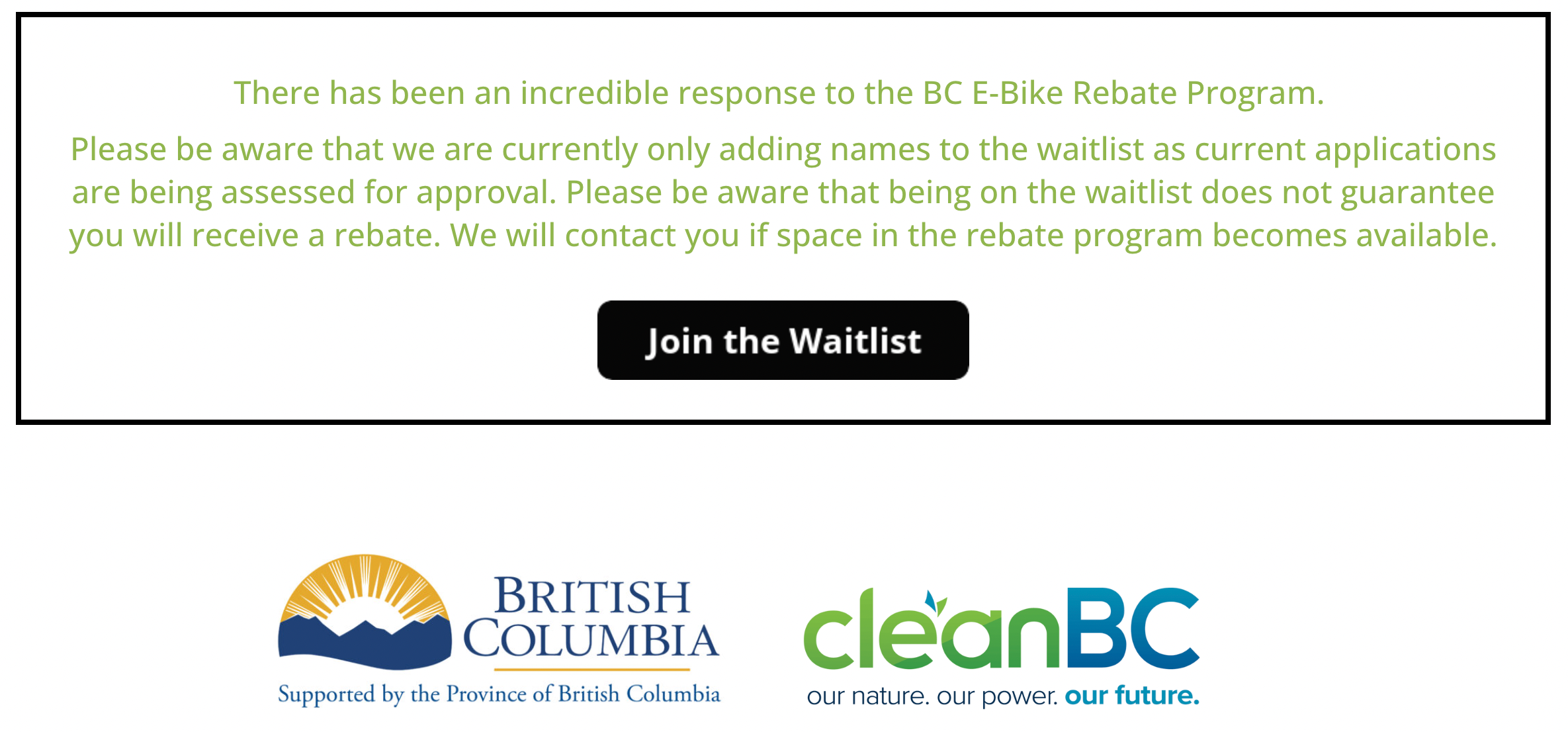
Ontario
– Ontario enforces a maximum weight limit of 120 kg (265 pounds) for e-Bikes, coupled with a requirement for a maximum braking distance of nine meters. It is important to note that any vehicle surpassing this weight limit will no longer fall under the ebike classification as per legal definitions. Riders must attain a minimum age of 16. Municipalities within Ontario retain the authority to impose restrictions on the usage of ebikes on streets, bike lanes, and trails, including limitations on specific e-Bike types.
Nothing could be found on electric bicycle or any program rebates in the Province of Ontario – What you need to know, Ontario Riding an ebike
Manitoba
– The province of Manitoba stipulates that ebikes should not have more than three wheels in contact with the ground. Furthermore, riders must reach a minimum age of 14 years to operate these vehicles legally. (The Legislative Assembly of Manitoba – The Highway Traffic Act “ “Amendment” )
No rebates or programs could be found for the Province of Manitoba 🙄
New Brunswick
– Distinct regulations emerge in New Brunswick. Electric bikes must be equipped with wheel rims exceeding 22cm in diameter, and the seat height must maintain a minimum of 68cm above the ground. If operated during nighttime hours, the e-Bike must also be equipped with a functioning headlight. Notably, there is presently no fixed minimum age requirement for operating an e-Bike in this province.
No rebates or programs could be found for the New Brunswick
Nova Scotia
– Nova Scotia classifies power-assisted bicycles within the same category as standard pedal bicycles. Compliance mandates riders to wear an approved bicycle helmet secured with its chinstrap. For further information, one can refer to the provincial guidelines.
Rebate program is part of the Clean Foundation / Electrify Nova Scotia – EV Assist. Allowing Nova Scotians of varying incomes to participate in the program as a shift to green transportation.
Prince Edward Island
– PEI has recently aligned its ebike regulations with those of other provinces and regions. An intriguing stipulation requires all ebikes to feature a “tail lamp” or taillight to meet legal standards within the province.
PEI also has a program with stipulations on what types of bikes are eligible. The islanders incentive for ebike rebates. Some retailers are offering POS (point-of-sale) incentives of 500$. The application online form to be filled out by retailer and customer can be found.
Quebec
– Alongside the universal rules, Quebec mandates that ebikes can sport up to three wheels and should display the original manufacturer’s label. Riders aged 14 and above are eligible to operate electric bicycles, with individuals under 18 necessitating a moped or scooter license (Class 6D). Additional details can be explored in the provincial guidelines.
No rebates or programs could be found for the Province of Quebec, but I found a lot of broken links that may have had a program offered at some point in the past? If you know of any programs, rebates or incentives that may have been missed or left out feel free contact us.
Saskatchewan
– Saskatchewan introduces two classifications for power-assisted bikes: electric-assist bicycles, utilizing both pedals and motor simultaneously, and power cycles that can operate with either pedals and motor or motor alone. The latter classification must adhere to Canadian Motor Vehicle Safety Standards (CMVSS) for power-assisted bicycles, along with the requirement of a learner’s driving license. On the other hand, electric-assist bicycles do not mandate a license or registration. Riders must be at least 14 years of age.
Saskatchewan SGI – Definition of power-assisted bicycles (E-Bikes)
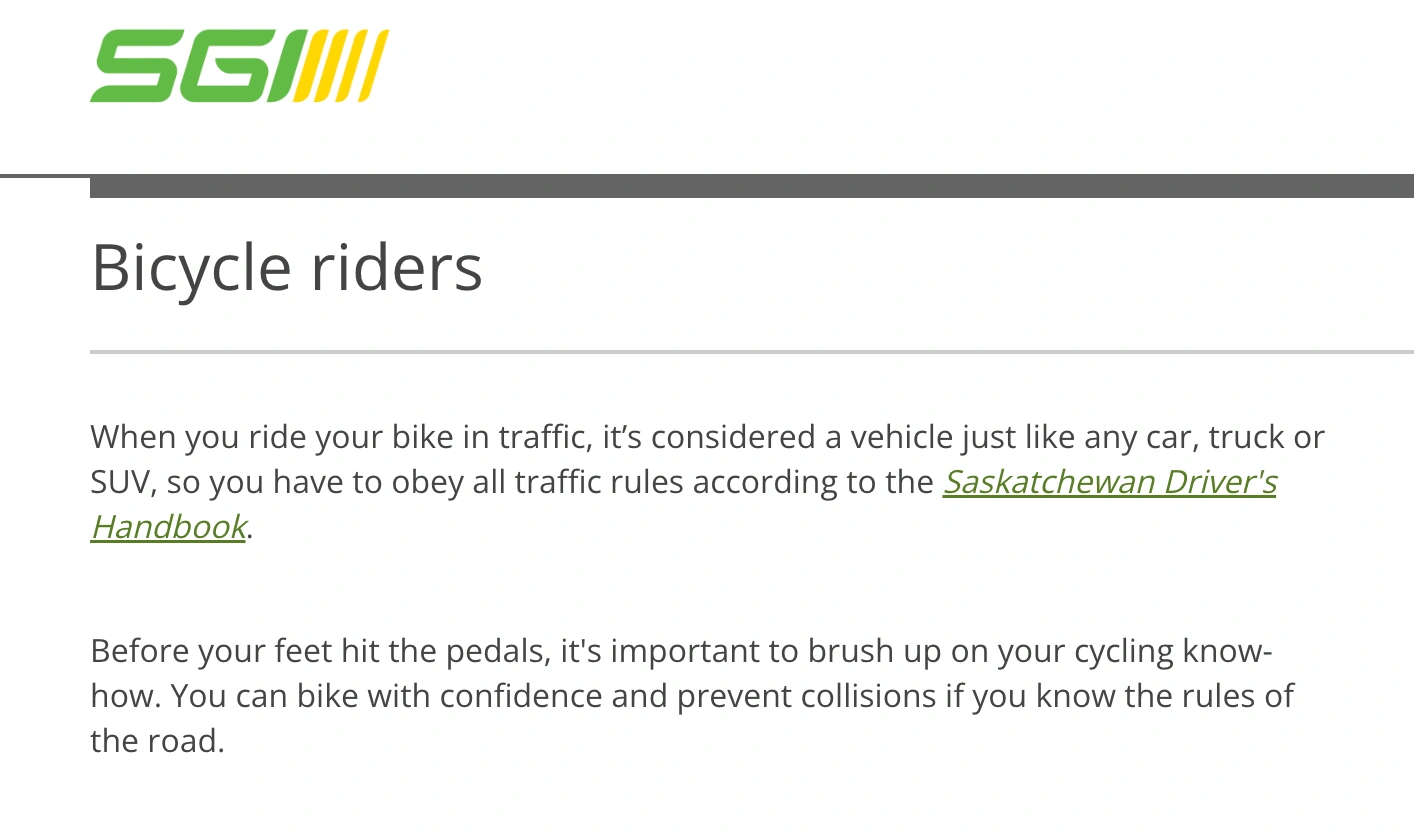
- NO drivers license is required
- Must be at least 14 years of age
- NO registration is required – Some cities may require a special bicycle sticker
- Approved bicycle or motorcycle helmet is required
- Follow The Traffic Safety Act and may be restricted to municipal bylaw
- According to the Saskatchewan Government Insurance (SGI) bicycles in traffic are considered vehicles obeying to all traffic laws
Newfoundland and Labrador
– E-Bikes within Newfoundland and Labrador must be outfitted with a red rear light, reflector, and white front light. Riders aged 18 and above are exempt from licensing or registration requirements, whereas those aged 14 to 17 need an authorized permit to operate scooters, e-Bikes, or mopeds.
No rebates or programs could be found for the Province of Newfoundland or Labrador
Northwest Territories
– Falling under federal jurisdiction, the Northwest Territories adhere to federal rules, obliging riders to follow these regulations closely.
Rebate Program for NWT for tricycles or bicycles (e-bikes) 50% of the cost up to 750$ – Arctic Energy Alliance / Electric Vehicles

In summary, the realm of electric bike regulations in Canada unveils a mosaic of distinctive provincial mandates, each contributing to the overall framework of safe and responsible e-Bike usage.
Given the varying regulations across provinces, it’s advisable to remain updated about the specific requirements for ebike operation in your province. This can help ensure that you are operating your ebike safely and legally. It’s also a good idea to familiarize yourself with the rules and regulations for any provinces you may be traveling to with your ebike.
Ebike and Road Safety in Canada
Remember that safety is paramount when considering Canada ebike road safety guidelines. The rules are in place to ensure everyone’s well-being. Here are a few safety tips:
- Always wear a helmet and follow the helmet laws.
- Use a bell or horn to make others aware of your presence.
- Equip your ebike with lights and reflectors.
Follow road signs and traffic rules.
Conclusion
From speed limits to helmet laws, legal age requirements, and bicycle classifications, becoming aware of ebike legality and following the Canadian electric bike regulations are vital for every rider.
Come to think of it, if ebikes are your ride for a greener commute or a quick zip across the town, make sure your machine and you are up to the national mark.
In a vast country like Canada with its diverse provinces and respective regulations, staying informed about these rules can make your ebike experience that much better
References:
Government of Canada: Electric Bikes and Other Power-Assisted Vehicles (https://www.tc.gc.ca/)
Transport Canada: Safety Tips for Cyclists and Drivers (https://www.tc.gc.ca/)
Cycling Canada: Ebike Regulations and Safety Guidelines (https://www.cyclingcanada.ca/)
